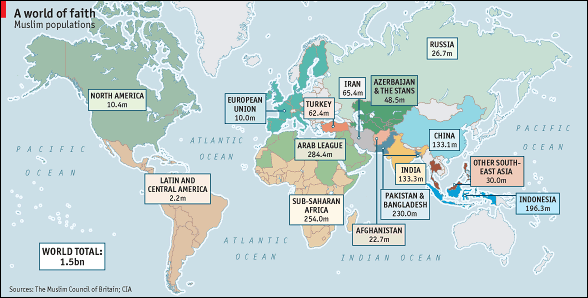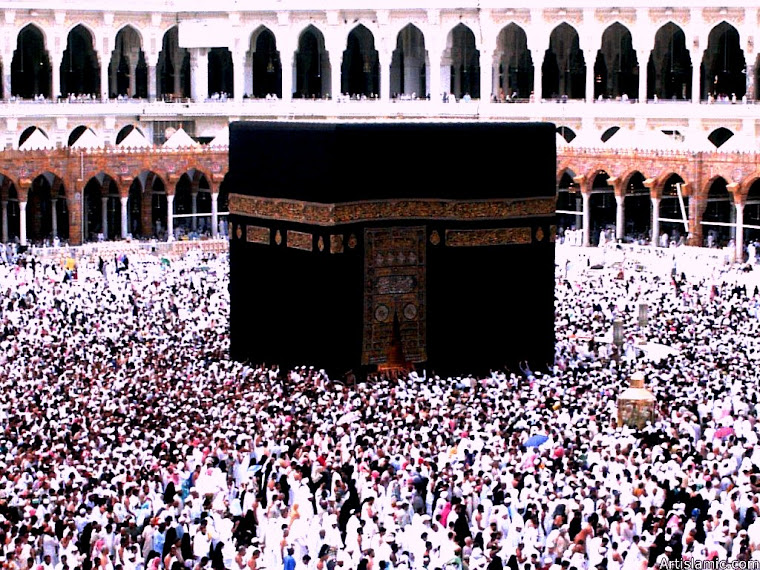The purpose of this book is to uncover the ‘objective truth’ of international relations through the discovery of underlying principles that can make political activity ‘knowable’ through scientific theory. It is in “Politics Among Nations” that Morgenthau makes clear on his philosophy of power and the logic of its operation in the international environment. The combination of a rational outline and the attempt to draw lessons from the historical record typify the approach of Morgenthau in “Politics Among Nations.” Morgenthau has a precise idea of the purpose of theory, which is ‘to bring order and meaning to a mass of phenomena which without it would remain disconnected and unintelligible.’ This is a revealing statement of intent by Morgenthau as it demonstrates that he is confident of his ability to uncover a method of understanding international relations by the deployment of theoretical strategies and the capacity of language to bring order to the chaos of international relations.
The theoretical space in of this book is demarcated between two political positions, liberalism and realism, cast in terms of antitheses of each other. The synthesis of utopianism and realism, so important to Carr, is left relatively unexplored by Morgenthau in this phase of his analysis of international theory, when he does so, it is generally in terms of the failures of both to provide answers to the fundamental problem of international relations, that of international conflict. In ‘The Machiavellian Utopia’ he clearly identifies the failure of existing theory, both liberal and realist. The Wilsonian vision of the League of Nations was heroic and futile, while the framers of the United Nations at Dumbarton Oaks are criticized for producing a solution less heroic, but no less futile.
The six principles of realism arise out of the initial juxtaposition of realism and liberalism in Morgenthau’s opening theoretical salvo. The battleground in this war of theories is clearly marked. On one side is liberalism, which is essentially rational and has as its aim further progress towards a moral political order. Its foundations are universally valid, abstract principles reasoned deductively from an a priori basis. It takes as its foundational assumption the essential ‘goodness’ of human nature: the failure of the social order is a failure to live up to rational standards, and the means by which to create order is through education, reform, and occasionally coercive violence. On the other side lies realism, which Morgenthau characterizes as rationally imperfect, a fault which is the result of human imperfection. The world is not composed of a single vision, but is instead composed of a multiplicity of opposing and conflicting interests. Moral principles, far from being universal, can never be fully realized and can at best attain an approximate morality based on the lesser evil rather than the greater good. Underpinning the realist world view is a form of reason based not upon the a priori but rather the uncertain and imprecise knowledge gained from historic precedent.
In what seems a peculiar decision, Morgenthau declares that it is not his intention to attempt a ‘systematic exposition’ of the political philosophy of realism, but rather to restrict his analysis of realism to the presentation of six principles ‘which have been frequently misunderstood.’ The first and most important of these principles concerns the very nature of human knowledge about political behavior. Political realism, according to Morgenthau, states that politics is governed by ‘objective’ laws that have their roots in human nature, which he claims has remained the same since the classical civilizations of India, China, and Greece first attempted to analyze them. This statement has implications with regard to the type of theory that Morgenthau is trying to create. The first of these is that the theory is based upon the assumption that human nature and the laws that are the corollary of human nature are immutable. This is necessarily a determinist argument and implies that the mode of analysis is essentially restricted to the single element of human causation and its effect on the international environment.
Throughout “Politics Among Nations,” Morgenthau cites countless examples in support of his theory of international relations, but seems unaware that this data is in fact specific, not general; one example that contradicts his theory of international politics is enough to falsify his assumptions of the ‘timelessness’ and immutability of human behavior. It is this lack of a rational outline to history that ultimately convinced him of the need to reassess as he had expressed it in “Politics Among Nations.” Morgenthau makes no effort to contextualize the writings of Thucydides, Machiavelli, Kautilya, Hobbes et al., he merely subsumes them within his concept of the notion of truth to which he subscribes.
In conclusion, Morgenthau developed a model of politics in “Politics Among Nations” which was based not upon empirical reality but was instead designed to contain this empirical reality within a rational framework. In doing so, he repeated the mistake of his liberal counterparts, albeit without their commitment to unrealistic Utopian projects. This book also paved the way, however unwittingly, for the much less reflective and more reductive neorealism, as his commitment to a human science was replaced with a theory that deploys the philosophy of science as the source of its authority. Morgenthau’s rediscovery of the real, in response to a Vietnam war that he opposed, provoked in Morgenthau a bitter realization that power and politics cannot be constrained within a rational framework. Ultimately, when forced to choose between abstraction and political reality, Morgenthau chose reality. This decision demonstrates the vitality of Morgenthau’s particular branch of realism; unlike the neorealists, who desperately cling to their theoretical frameworks in the face of all evidence to the contrary, the commitment to critique reality and theory from a series of fresh angles as empirical reality demands, suggest that Morgenthau’s ideas and attitude continue to have a significant role to play in International Relations.
A.M.Nassef

















No comments:
Post a Comment